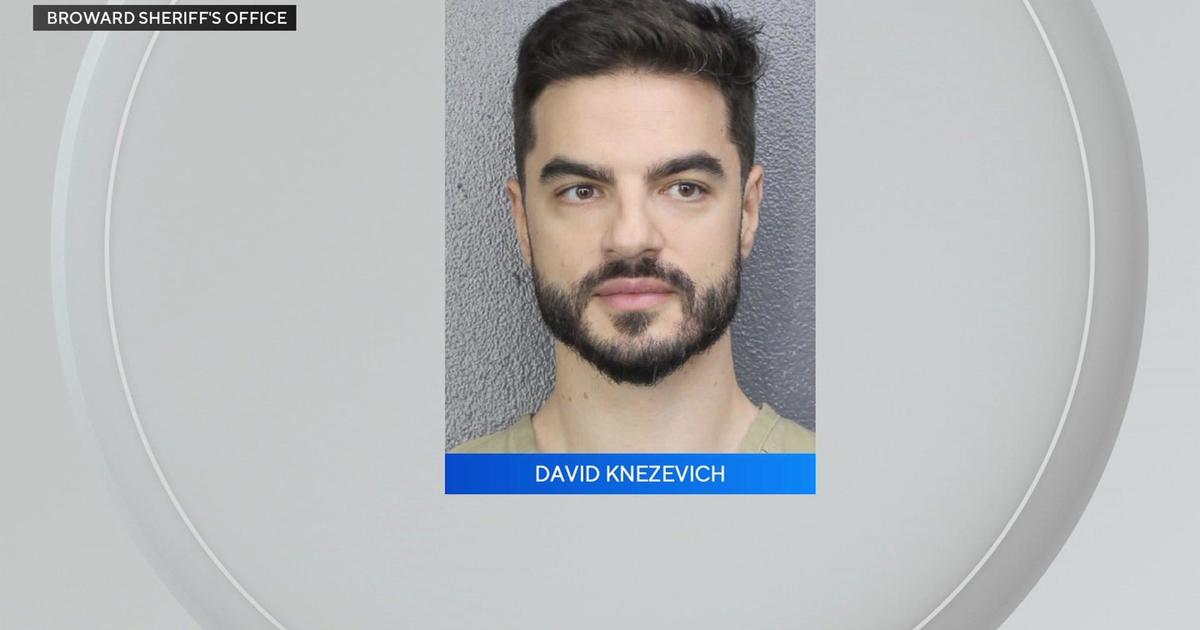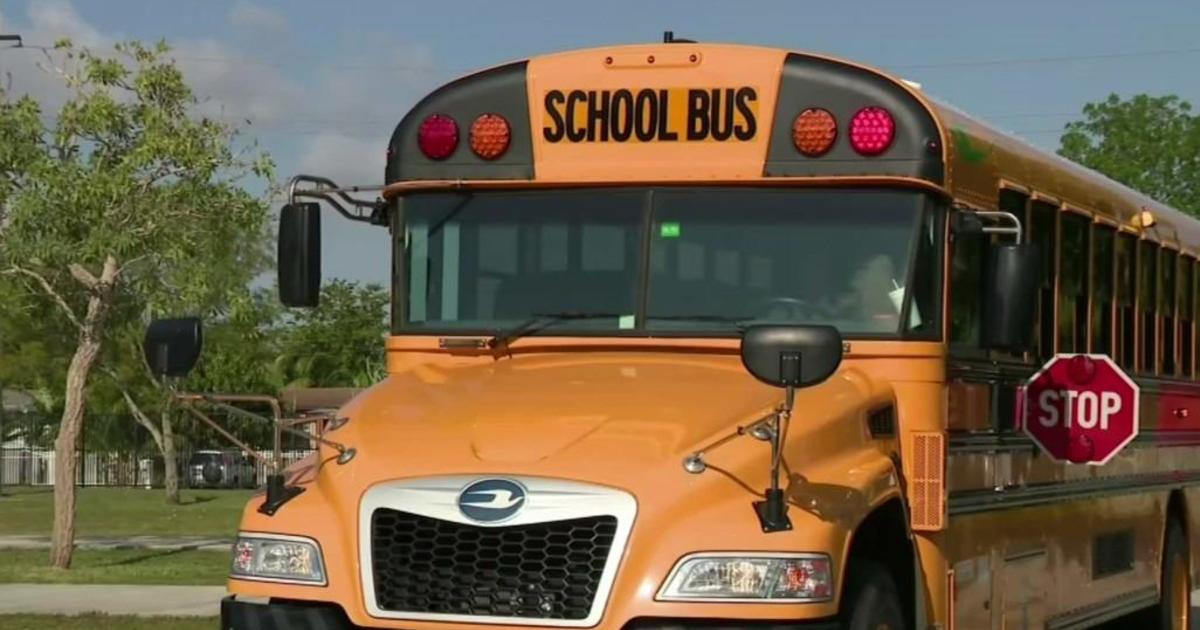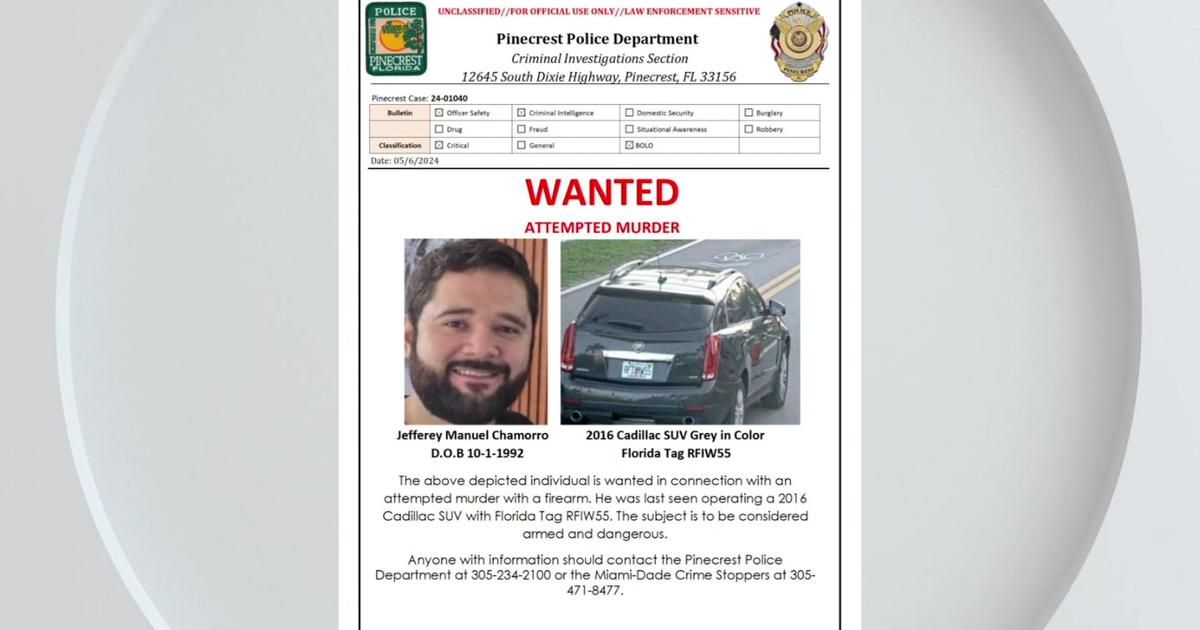Court Ponders If Miami-Dade Drug Dog's Sniff Constitutional
MIAMI (CBS4/ AP) — The case of the Miami-Dade police dog closely watched by law enforcement nationwide will have its time in court. The U.S. Supreme Court agreed Friday to decide whether a the South Florida police dog's sniff outside the front door of a house with a marijuana growing operation is an illegal search.
The move comes after Florida Attorney General Pam Bondi wanted the justices to reverse a state Supreme Court decision that the K-9's sniff runs afoul of the Fourth Amendment protection against illegal search and seizure.
Eighteen states and the territory of Guam have filed a brief in support of Bondi's position, concerned that other state courts might start issuing similar decisions.
"If the Florida Supreme Court's decision stands, it could have a profound chilling effect on law enforcement efforts to combat illegal drugs," the states' filing says. "The Florida Supreme Court's decision jeopardizes the states' ability to use this crucial tool to discover illegal drugs prior to their distribution."
The case arose from the December 2006 arrest of Joelis Jardines at a Miami-area house where 179 marijuana plants were confiscated. Miami-Dade Police Department officers obtained a search warrant after one of their dogs, a chocolate Lab named Franky, detected the odor of pot from outside the front door.
The trial judge threw out the evidence, agreeing with Jardines' attorney that the dog's sniff was an unconstitutional intrusion into the home. An appeals court reversed that ruling, but the state Supreme Court sided in April with the original judge.
The U.S. Supreme Court has previously ruled that a home is entitled to greater privacy than a car or a public place such as an airport when it comes to police use of K-9s to find illegal substances. But state of Florida lawyers and many legal experts say a dog's sniff isn't a violation because it only detects illegal activity not entitled to privacy.
"I think the state is very likely to win because the (U.S.) Supreme Court gives the police more flexibility," said Tom Goldstein, a constitutional law professor and publisher of a Supreme Court blog.
The justices will probably hear argument in April and issue a decision by late June.
The case is Florida v. Jardines, 11-564.
(© 2012 The Associated Press. All Rights Reserved. This material may not be published, broadcast, rewritten, or redistributed.)



